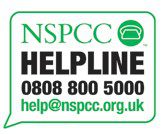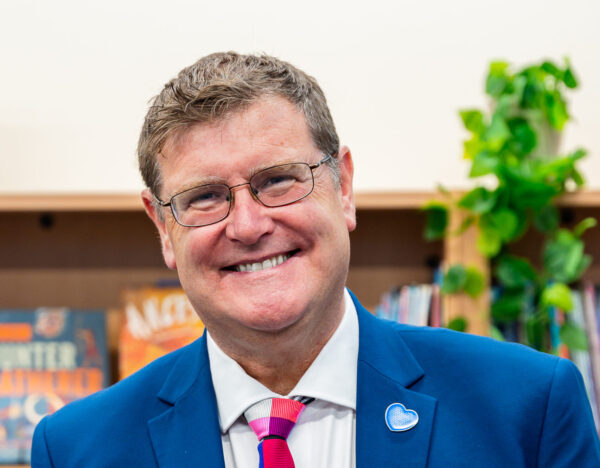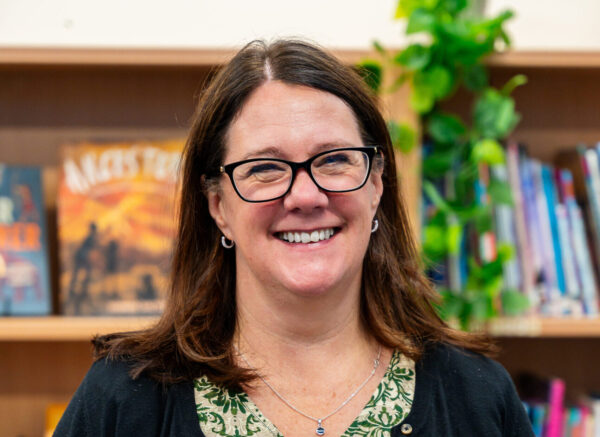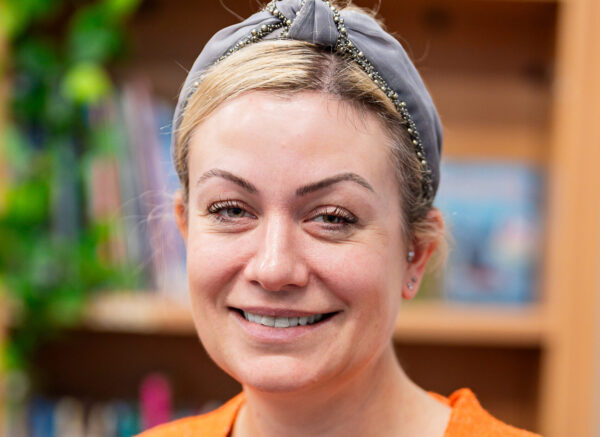There are many other useful links which can be found in the e-safety section of this page.
We are committed to working with parents positively, openly and honestly. We ensure that all parents are treated with respect, dignity and courtesy. We respect parents’ rights to privacy and confidentiality and will not share sensitive information unless we have permission, or it is necessary to do so in order to protect a child.
School will share with parents any concerns we may have about their child unless to do so may place a child at risk of harm.
We encourage parents to discuss any concerns they may have with their child’s class teacher or senior child protection managers in school.
The School’s Child Protection Policy is available in the policies section of the school website. All new parents are made aware of our child protection policies and procedures at our induction meeting and via the school brochure.
Richard Taylor C.E. Primary School is committed to ensuring the welfare and safety of all children in school. All North Yorkshire schools, including Richard Taylor School, follow the North Yorkshire Safeguarding Children Board procedures. The school will, in most circumstances, endeavour to discuss all concerns with parents about their children. However, there may be exceptional circumstances when the school will discuss concerns with Social Care and/or the Police without parental knowledge (in accordance with Child Protection procedures). The school will, of course, always aim to maintain a positive relationship with all parents. The school’s child protection policy is available on request and on Policies page of our website
All teaching staff, support staff and midday supervisors and governors have received training in how to deal with child protection issues in school. Mr A Symonds is the senior designated child protection officer in school. Mrs E Crisell and Mrs Styles are the deputy senior designated child protection officers in school. Dr Jan Johnson is the child protection governor. The school Child Protection Policy is updated annually to reflect changes to practice, personnel and training.
The school maintains a detailed single central record regarding the appointment of all staff. All appointment panels include a governor or senior manager who is fully training in safer recruitment practices.
The school also fulfils its statutory duties with regard to the government’s Prevent programme. This ensures that children are protected against extremist views and recognise ‘British Values’.
















